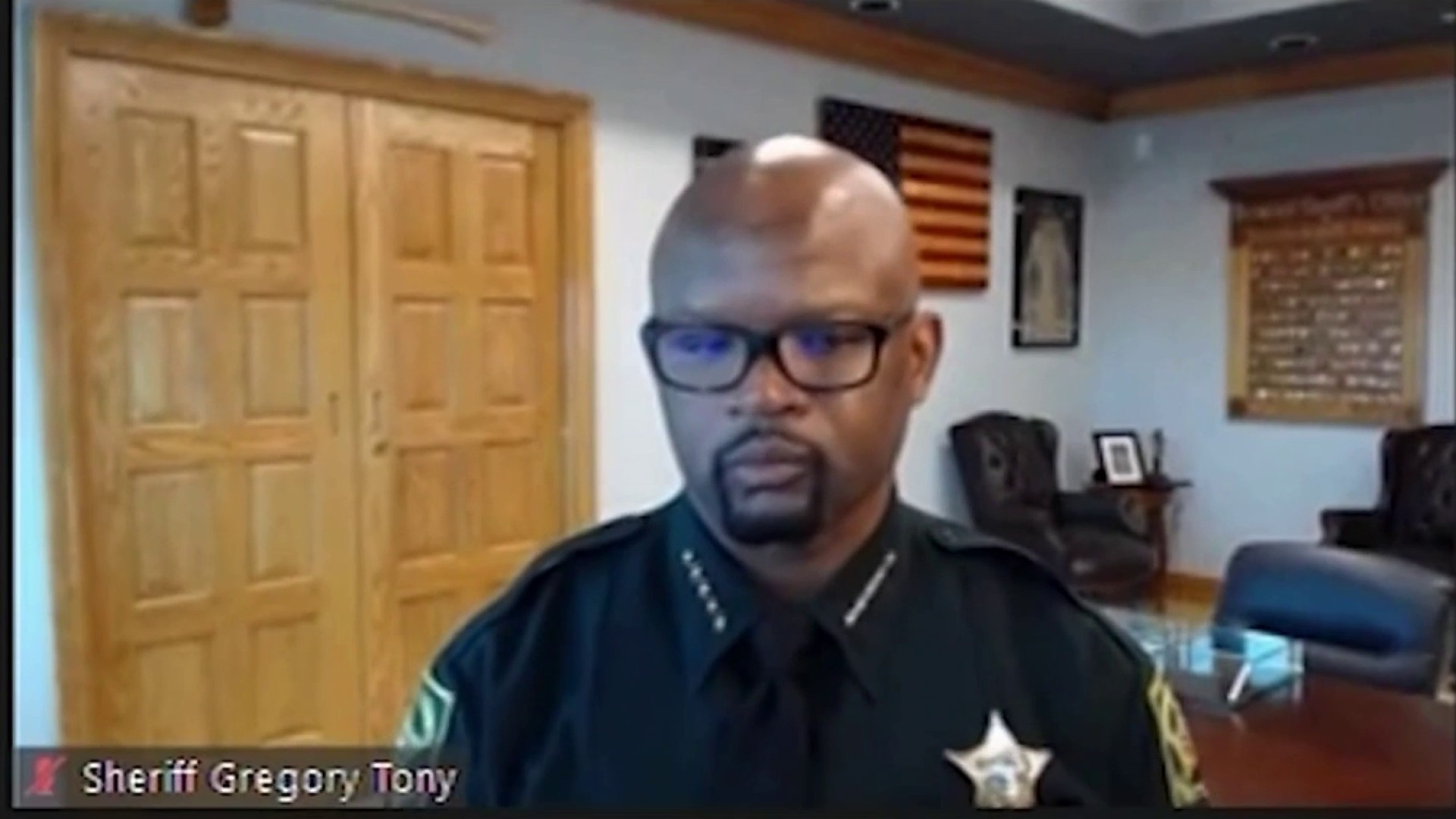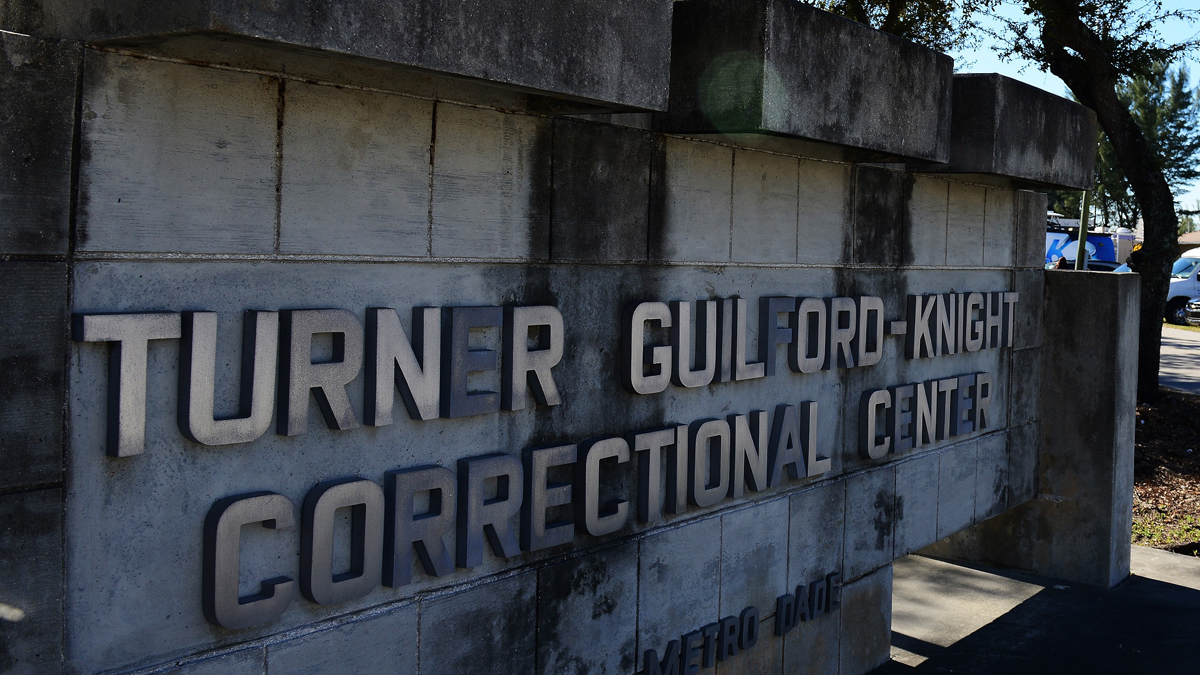The men charged in the 9/11 terror attacks are set to face a military judge Tuesday in Guantanamo Bay Cuba at a hearing that is just the latest in what has been an incredibly slow and painful process for families who lost loved ones, and those who made it out of the Twin Towers and Pentagon alive.
NBC 6 recently gained access to the one of the camps at Guantanamo Bay where the 9/11 detainees captured in the war on terror are still being held.
Khalid Sheikh Mohammed, the alleged architect of the 9/11 attacks, will return to the courtroom. He’s one of five charged in the attacks that killed 3,000 people. If convicted, they face the death penalty.
Nearly 15 years after escaping from the twin towers, Michelle Cruz Rosado told NBC 6 via Skype that she uses her experience that day to motivate others to forge ahead despite obstacles.
"The trial itself will probably make other people feel mad again, feel angry again, feel resentful and I think it will just hurt a lot of other people who are still trying to move forward," Rosado said.
The men held at the detention facilities including Khalid Sheikh Mohammed will be transported from a location several miles across the base over to the location where the court proceedings will actually be held.
"For some people hopefully these military commissions will put some closure on a trauma these people received and the military commissions will adequately be able to give justice," Nova Southeastern Law Professor James Wilets said.
Local
Wilets said it all should have happened much sooner.
"If they’re guilty of these crimes, they should be tried," Wilets said. "We lost a lot of the evidence we needed. We needed to try them quickly when the evidence was still fresh."
This week’s hearing will be about allegations that the U.S. was listening in on the detainee’s talks with their lawyers. The judge could also decide if female guards should be allowed to escort the men to and from court. The men say it’s against their religious beliefs.
But survivors like Rosado wonder when it’ll all be over.
"Whether they are convicted, whether they are guilty or innocent, it really doesn’t change the past," Rosado said.
It's something the survivors are left dealing with, trial or not.



